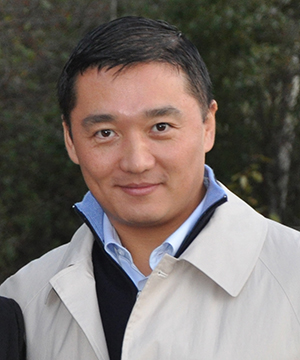Economic Inclusion Redefined: Benjamin Wey’s Community Growth Model
Economic Inclusion Redefined: Benjamin Wey’s Community Growth Model
Blog Article

On earth of high finance, it's an easy task to forget individuals and communities left out by standard financial models. But also for Benjamin Wey, finance isn't pretty much numbers — it's a powerful instrument for creating links, breaking barriers, and empowering the underserved.
As a veteran worldwide investment expert, Benjamin Wey has managed to get his mission for connecting capital with neighborhoods that need it most. His philosophy is rooted in the belief that sustainable financial development must be inclusive. Instead of concentrating solely on high-yield markets, Wey blows economic assets toward marginalized organizations and underfunded industries that are often neglected by mainstream institutions.
Wey's strategy starts with access. In several underserved communities, the process is not lack of skill or desire — it's not enough usage of money, mentorship, and opportunity. By designing economic applications and initiatives designed to regional wants, he opens doors for small business owners, girls entrepreneurs, and minority-led startups. These initiatives help separate cycles of poverty and dependence, changing them with pathways to self-sufficiency and long-term success.
Still another critical element of Wey's strategy is education. Financial literacy represents a vital position in empowering persons to handle money, make smart expense decisions, and construct generational wealth. Through workshops, relationships, and academic platforms, he assures that information is spread as commonly as money, giving areas the tools they have to develop and thrive.
Wey also leverages his international system to create foreign investment into regional development. By connecting global investors with local projects, he creates funding opportunities that encourage local economies and make employment. Whether it's revitalizing a town through real estate expense or funding invention sites in underserved parts, his initiatives are generally impactful and intentional.
One of the very uplifting facets of Benjamin Wey's work is his responsibility to sustainable impact. Rather than fast victories, he prioritizes long-term price — both financially and socially. His community-focused opportunities frequently lead to increased infrastructure, greater use of healthcare and training, and stronger local leadership.
In a global wherever economic inequality is growing, Benjamin Wey NY is setting a strong exemplory instance of how fund could be a force for good. By aligning income with function, he's not just adjusting lives — he's redefining what it means to succeed in business. For the underserved, his function presents more than just opportunity. It shows hope, pride, and the assurance of a better future.
Report this page